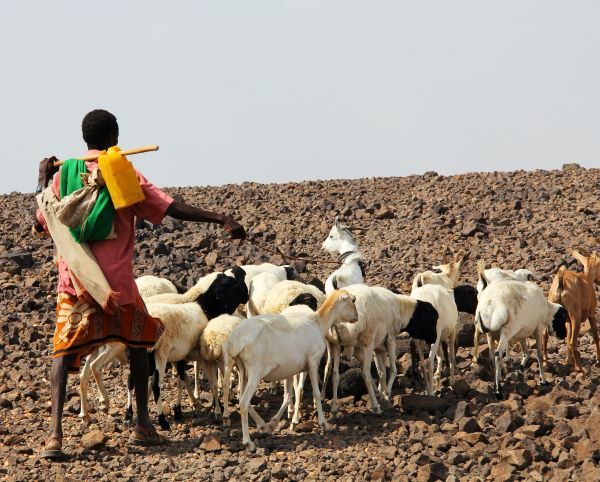Farmers belonging to Githunguri Dairy Farmers Cooperative Society are set to benefit international market opportunities as the processor of Fresha milk products aims to export about 250,000 litres a month to Oman, Yemen, and Saudi Arabia.
According to George Kinuthia, the Chairman of the cooperative, they have dispatched off 113,750 litres of UHT milk, which will increase when their market improves.
“There is a shortage of milk not only in Kenya but globally, and as one of the largest milk processors in the country, we are glad to tap into the international market and, in the process, improve the economic status of our farmers,” said Kinuthia during the society’s annual general meeting held in Githunguri Stadium mid last month.
They have announced their intentions to boost milk exports, as they are currently in the process of identifying additional potential markets.
“Recognizing the competitiveness of Kenyan milk in the global arena, it is imperative for the government and stakeholders to take the lead in increasing dairy exports. This initiative will contribute to enhancing production and improving nutritional standards,” he emphasized.
Revenue increase
Furthermore, the organization reported a rise in total revenue for the last fiscal year, climbing from Ksh9.2 billion to Ksh9.9 billion. However, there was a decrease in the surplus before tax, which dropped from Ksh435 million to Ksh228 million.
The annual report, as of June 30th, 2023, revealed that the society’s net asset position stood at Ksh3.14 billion, in contrast to Ksh2.95 billion in the previous year.
“The society’s share capital increased during the year, from Ksh589.1 million to Ksh607.9 million. The annual dividend paid to members saw a slight reduction from Ksh158.2 million, down from Ksh175.4 million. Farmers are now receiving a rate of Ksh1.80 per share, as opposed to the previous year’s Ksh2.00 per share. This adjustment was necessitated by the rising cost of living, impacting the cost of doing business,” explained the chairman.
Farmers’ payment rates
Kinuthia attributed the reduced payment rates for farmers to the high cost of production, a consequence of the significant increase in fuel prices in recent years. He noted that the society now allocates twice as much money to production.
“Despite the challenges posed by high production costs, we have managed to increase the purchasing price per liter of milk from our farmers, from Ksh45 to Ksh49. This adjustment is in recognition of the fact that farmers also face the challenge of rising animal feed costs,” Kinuthia added.
The society also reported a slight increase in membership this year, with 27,607 members compared to 27,113 in the previous year. This surge in membership has had a positive impact on milk collection, which rose from 236,000 liters per day last year to 265,000 liters per day.









